Leadership in Social Services Award
Sponsored by
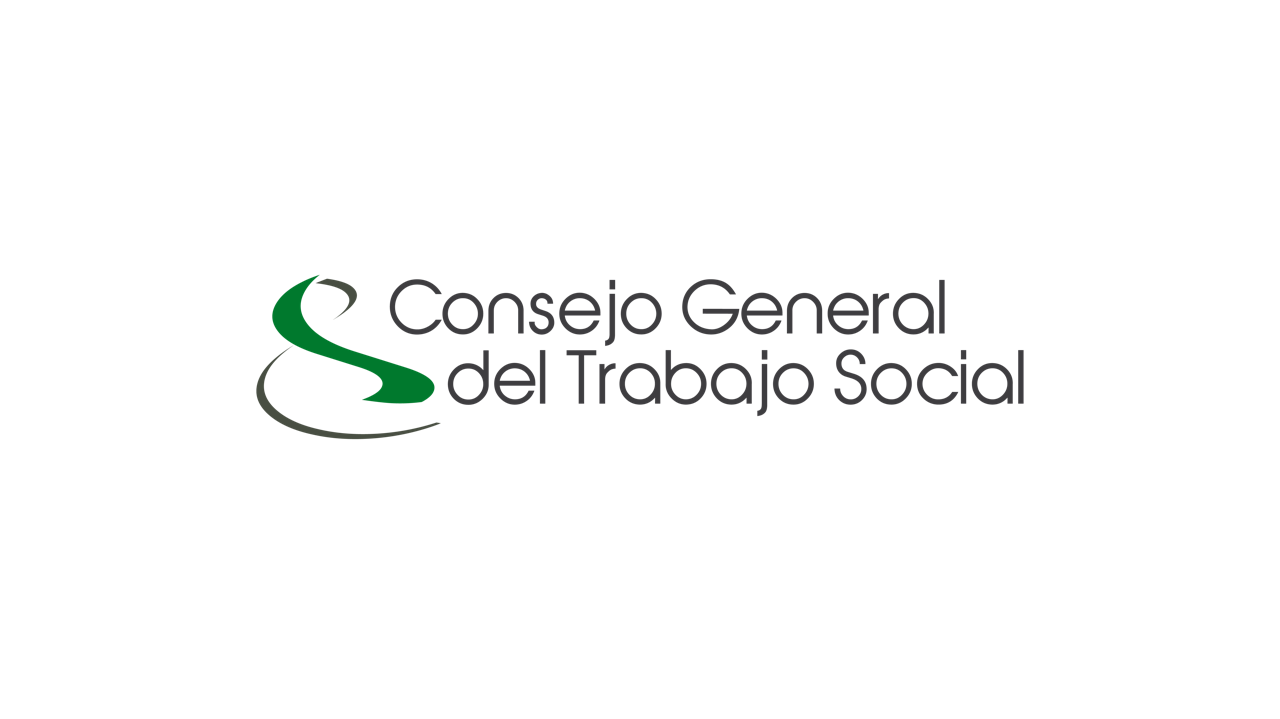
This award recognises a policymaker or leader in social services who has demonstrated outstanding leadership in shaping the governance, strategy, and long-term sustainability of social services. It celebrates an individual with visionary leadership that has driven systemic improvements, workforce development, and innovative reforms to enhance the effectiveness, accessibility, and resilience of social services across Europe.
Examples of key areas of social services leadership:
- Strategic Workforce Development – Implementing policies that address workforce shortages, training, retention, and well-being to ensure a highly skilled and motivated social services workforce.
- Integrated and Person-Centred Governance – Driving cross-sector reforms that integrate health, social care, housing, education, and employment services to improve coordination and service delivery.
- Rights-Based and Inclusive Policies – Promoting governance reforms that enhance accessibility, inclusivity, and user empowerment, ensuring vulnerable groups receive quality social care.
- Collaborative Governance – Developing adaptive, resilient governance frameworks that promote social services collaboration with other sectors to respond effectively to social crises.
- Thought Leadership - Contributing meaningfully to discourse on social policy through writing, and speaking engagements.
Special consideration is given to applications of individual leaders who have:
- Transformed the social services workforce, ensuring professional development, fair working conditions, and mental wellbeing support.
- Implemented governance reforms that enhance efficiency, reduce bureaucracy, and make social services more adaptable to emerging challenges.
- Led inclusive policymaking processes, engaging service users, frontline professionals, and community organisations in decision-making.
- Fostered collaboration between public, private, and research sectors, ensuring evidence-based policymaking and service innovation.
- Demonstrated measurable impact, improving outcomes for service users, staff, and communities through effective governance reforms.
Leadership in Social Services Award 2025 Winner
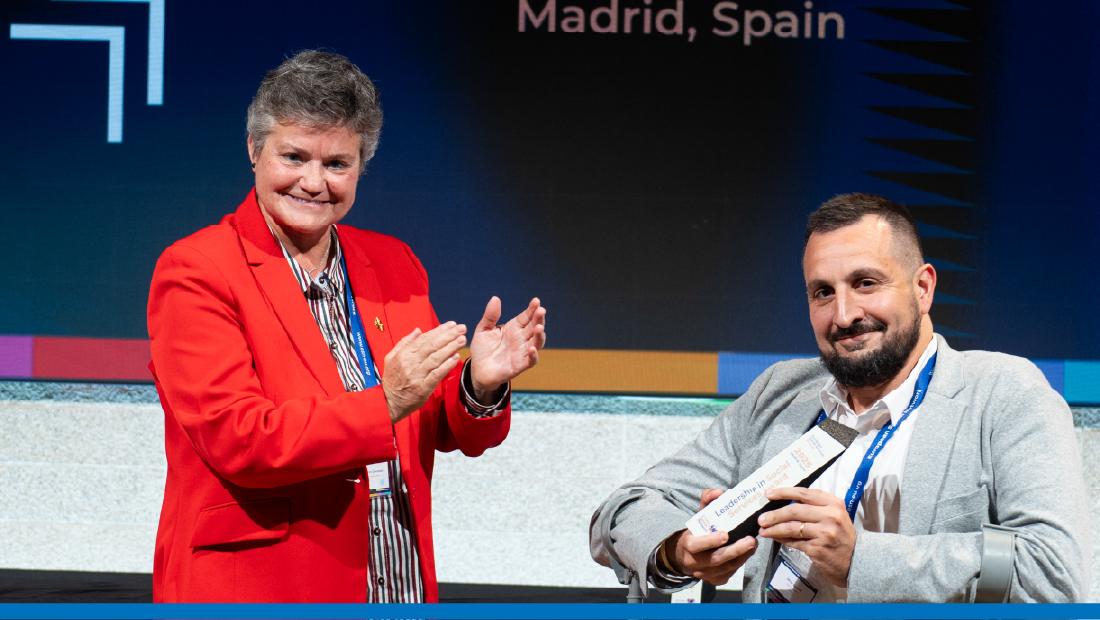
Title: “Transforming Disability Services in Malta - Oliver Scicluna”
Organisation: Agenzija Sapport, Malta
More information here: www.sapport.gov.mt
Malta’s disability sector was once shaped by institutional models that restricted autonomy and inclusion. Under the leadership of Oliver Scicluna, CEO of Agenzija Sapport, a major shift has taken place toward deinstitutionalisation and rights-based, community-focused support. He has embedded the principles of the UN Convention on the Rights of Persons with Disabilities (UNCRPD) into service provision, ensuring care models now prioritise dignity, independence, and co-production with service users.
Structural reforms such as the Personal Assistance Scheme, the Independent Community Living Scheme, and the Deinstitutionalisation Board have empowered persons with disabilities to design their own support plans and live independently within their communities. Alongside these initiatives, Mr. Scicluna has driven improvements in infrastructure, expanded funding for tailored home-based services, and advanced new legislation on the rights of vulnerable adults. His vision has brought about systemic and sustainable change, positioning Malta as a strong model for inclusive disability services.
Leadership in Social Services Award 2025 Nominees
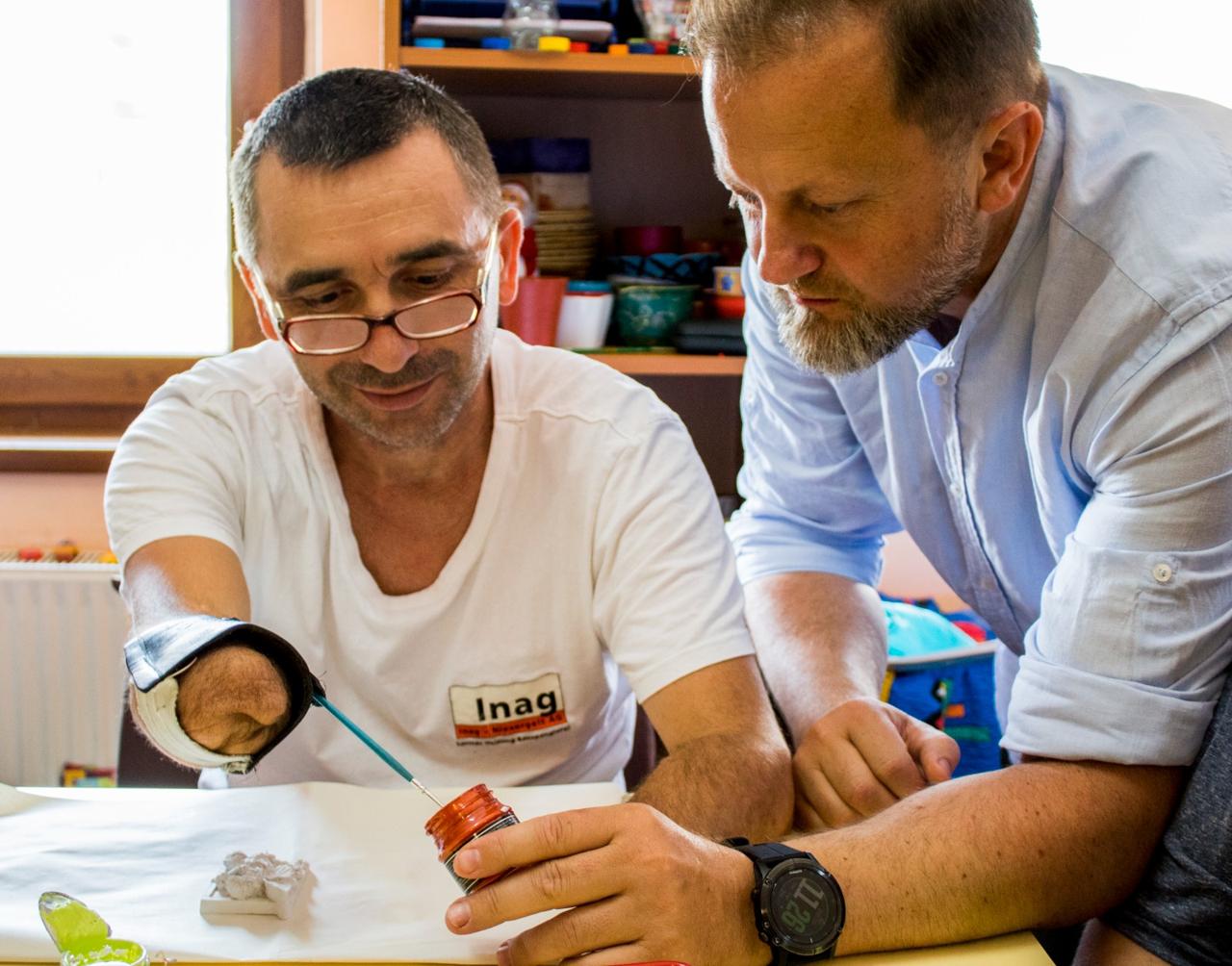
Title: “Redefining Social Services in Romania - Florian Sălăjeanu”
Organisation: Professional Association of Social Assistance (ASSOC), Romania
More information here: www.assoc.ro
For decades, Romania’s social services were overly centralised and disconnected from real community needs, leaving people with disabilities, older people, disadvantaged youth, women in rural areas, and the long-term unemployed without proper support.
Florian Sălăjeanu, founder and long-time president of ASSOC, changed this by building one of the country’s most active social service organisations. He focused on creating community-based, integrated, and sustainable services. Under his leadership, ASSOC launched social economy structures offering jobs for vulnerable groups, provided professional training for over 2,500 people, and developed nine licensed social services.
More than 80 projects improved lives locally and nationally. Initiatives like the Social Restaurant not only created jobs for people with disabilities but also ensured free meals for older people in need. During the Ukrainian refugee crisis, ASSOC supported over 5,000 people. With nearly 200 specialists today, ASSOC has become a national model for inclusive and lasting social services.
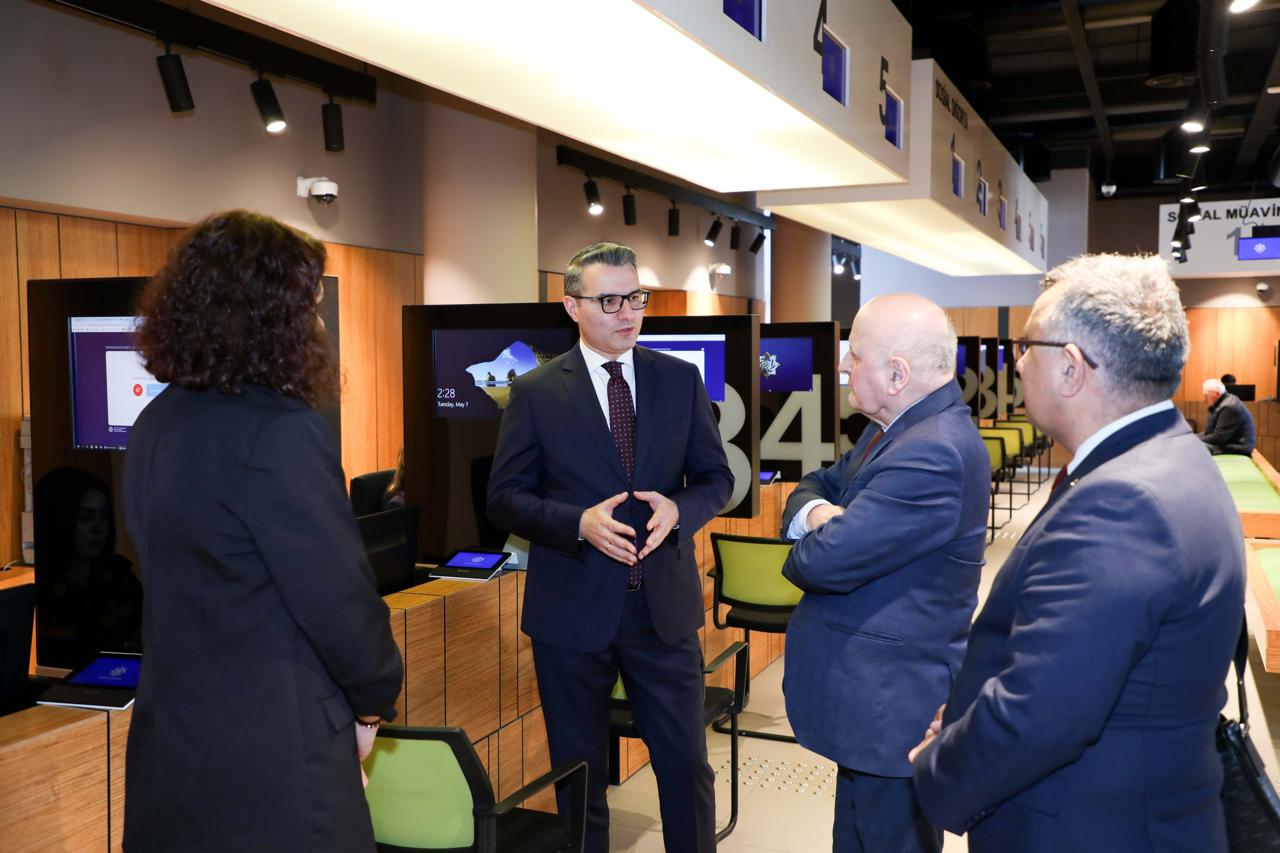
Title: “Transforming Social Services in Azerbaijan – Farid Mammadov”
Organisation: The Agency for Sustainable and Operative Social Provision (DOST), Azerbaijan
More information here: www.dost.gov.az
Azerbaijan’s social protection system used to be fragmented, bureaucratic, and difficult to access, leaving people with disabilities, displaced families, older citizens, and those in post-conflict regions underserved. Under the leadership of Farid Mammadov, Chairman of the DOST Agency, it was reshaped into a citizen-focused, digital, and inclusive model.
Under his leadership, DOST introduced a one-stop shop that brings together 161 services through modern service centres, digital platforms, mobile units, and Smart DOST Points, reaching more than ten million people nationwide.
Today, 94% of services are digitalised, waiting times are down to around a minute, and citizen satisfaction stands above 98%. He has also championed the Volunteer DOST Programme, which has attracted over 150,000 applicants, with more than 6,700 completing service and 315 finding jobs, including 45 people with disabilities. Internationally, the DOST model has received 36 international awards and is being replicated in Moldova, Uzbekistan, and beyond, becoming a benchmark for lasting social service innovation.
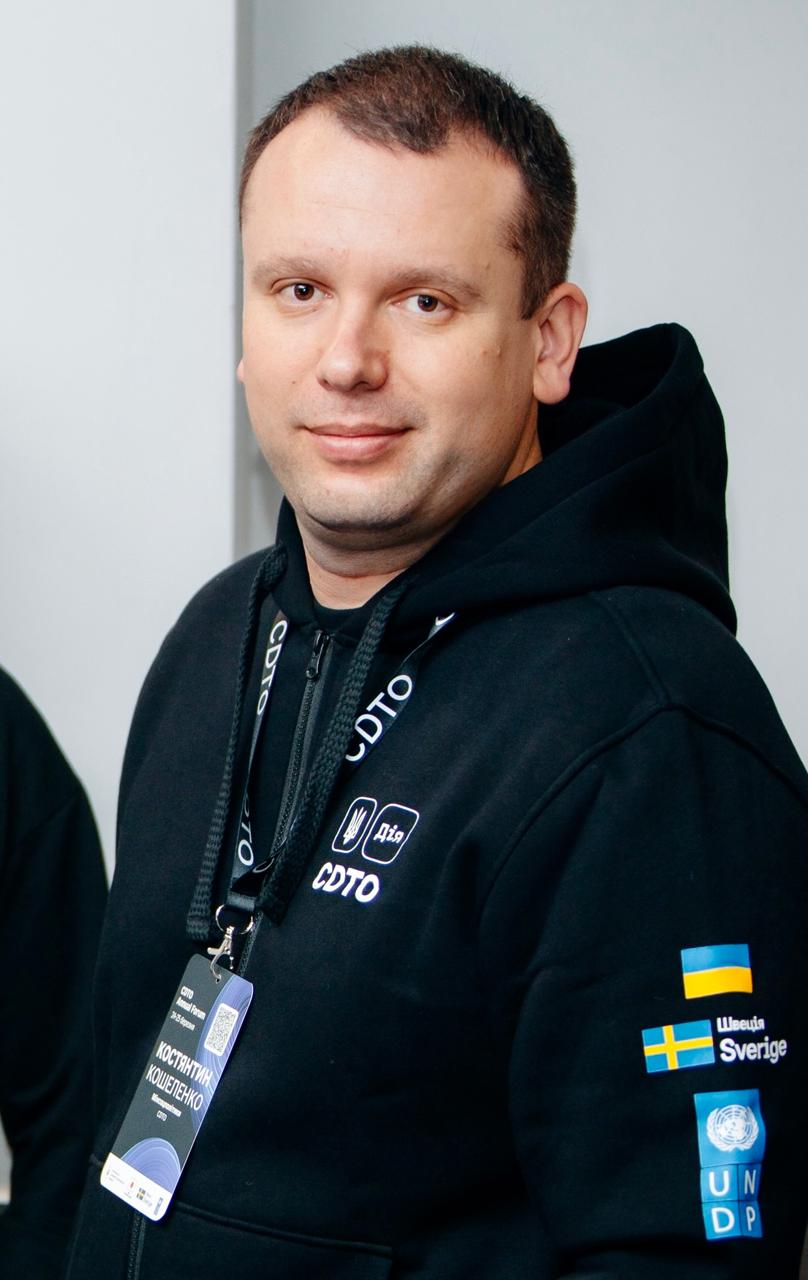
Title: “Leading Ukraine’s Digital Social Response in Times of War - Kostiantyn Koshelenko”
More information here: www.msp.gov.ua
After Russia’s full-scale invasion, Ukraine’s social protection system faced severe disruption, leaving millions at risk of losing benefits and aid. In early 2022 Deputy Minister of Social Policy Kostiantyn Koshelenko and his team urgently launched the “eDopomoga” platform, which became the entry point for humanitarian and UN organisations to provide rapid assistance. Building on this foundation, Kostiantyn united UN agencies, humanitarian organisations, consulting firms and global technology partners to develop the Unified Information System of the Social Sphere (UISSS), the first centralised digital platform with a unified social registry and electronic case management.
UISSS connected more than 80 national and local services to secure uninterrupted access to benefits and enabled applications through Ukraine’s government app Diia. These reforms supported over 15 million people and registered 5 million displaced persons, strengthening resilience, transparency and accountability. The system gained international recognition, receiving the European Social Network Award for Digital Transformation 2023, the Zero Project Award and other distinctions. Today, Ukraine’s model is regarded as a benchmark for people-centred digital public services. In the second half of his tenure Kostiantyn wrote Management in Times of War, published in Ukrainian, English and Swedish, capturing the experience of his team and other Ukrainian managers.
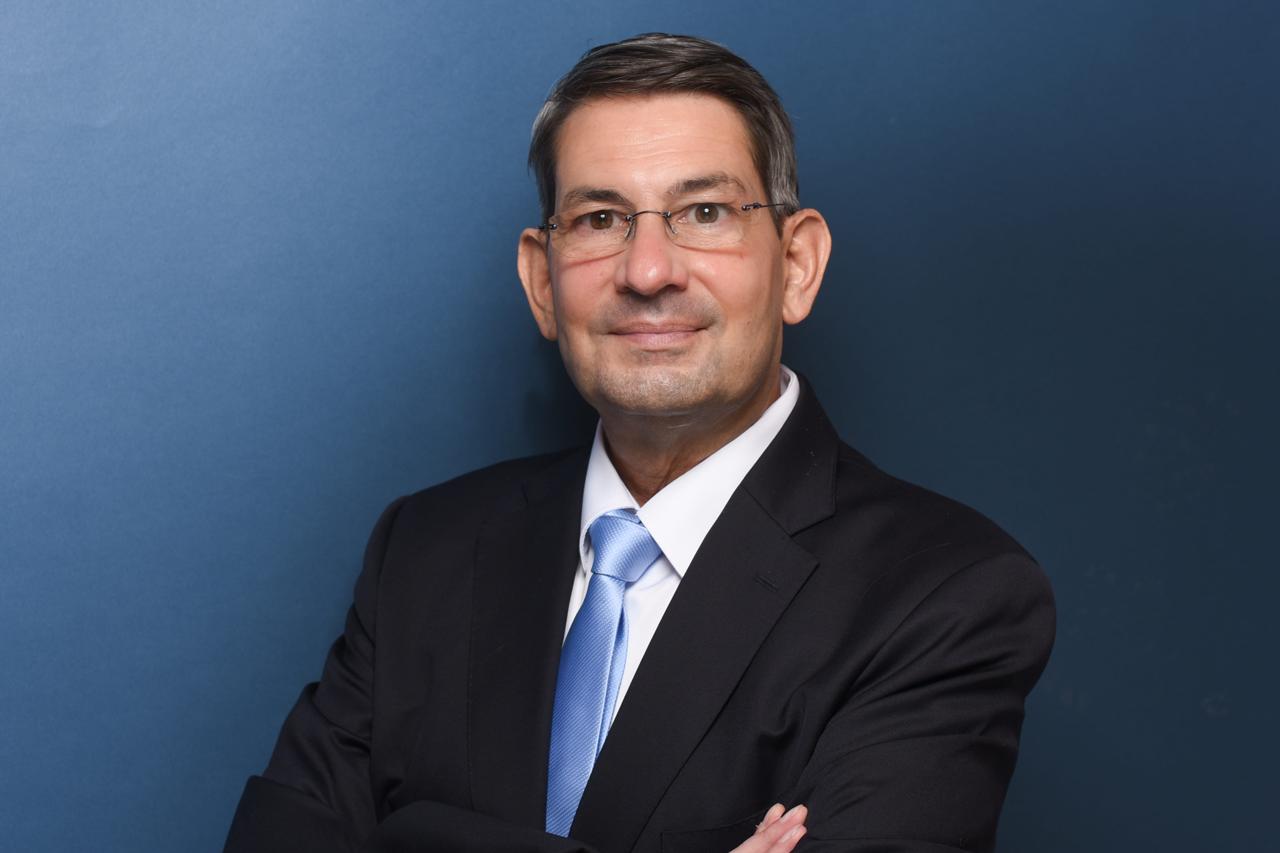
Title: “Inclusive Leadership in the District of Offenbach – Boris Alexander Berner”
Organisation: Pro Arbeit – Kreis Offenbach – (AöR), Kommunales Jobcenter, Germany
More information here: www.proarbeit-kreis-of.de
Boris Alexander Berner, CEO of the Municipal Job Centre Pro Arbeit in the District of Offenbach, has turned the institution into a true engine of social inclusion. The Job Centre supports vulnerable groups such as the long-term unemployed, migrants, homeless people, ex-offenders, young people with mental health needs, and people with disabilities.
By creating a European Project Management department, Berner has brought innovation and flexibility into daily work, leading to targeted initiatives like housing and job training for homeless individuals and entrepreneurship programmes for young migrant women. His collaborative style, working closely with ministries, NGOs, employers, and training providers, ensures that solutions are coordinated and centred on people’s needs. Thanks to his leadership, Pro Arbeit has boosted employment among disadvantaged groups, improved satisfaction with services, and earned recognition as a model for inclusive labour market integration.

Title: “Transforming Brussels CPAS for Social Empowerment – David Weytsman”
Organisation: CPAS Brussels City, Belgium
More information here: https://cpasbxl.brussels/
David Weytsman, President of the Brussels CPAS, is driving a real transformation in how social assistance works in the city. The CPAS faces tough challenges like urban poverty, social exclusion, and the growing needs of vulnerable groups such as single parents, young people, and families. Under Weytsman’s leadership, the institution is shifting from being just a provider of aid to actively empowering people and supporting their autonomy.
By cutting bureaucracy, streamlining processes, and implementing governance reforms, the CPAS has become more agile, placing dignity and inclusion at the centre. Partnerships with public agencies, NGOs, and community groups have strengthened support networks, while performance indicators now ensure transparency and measurable progress. These changes allow the CPAS to react faster and link social assistance to employment and long-term integration. The outcome is a financially sustainable, citizen-focused institution that plays a key role in strengthening social cohesion in Brussels.
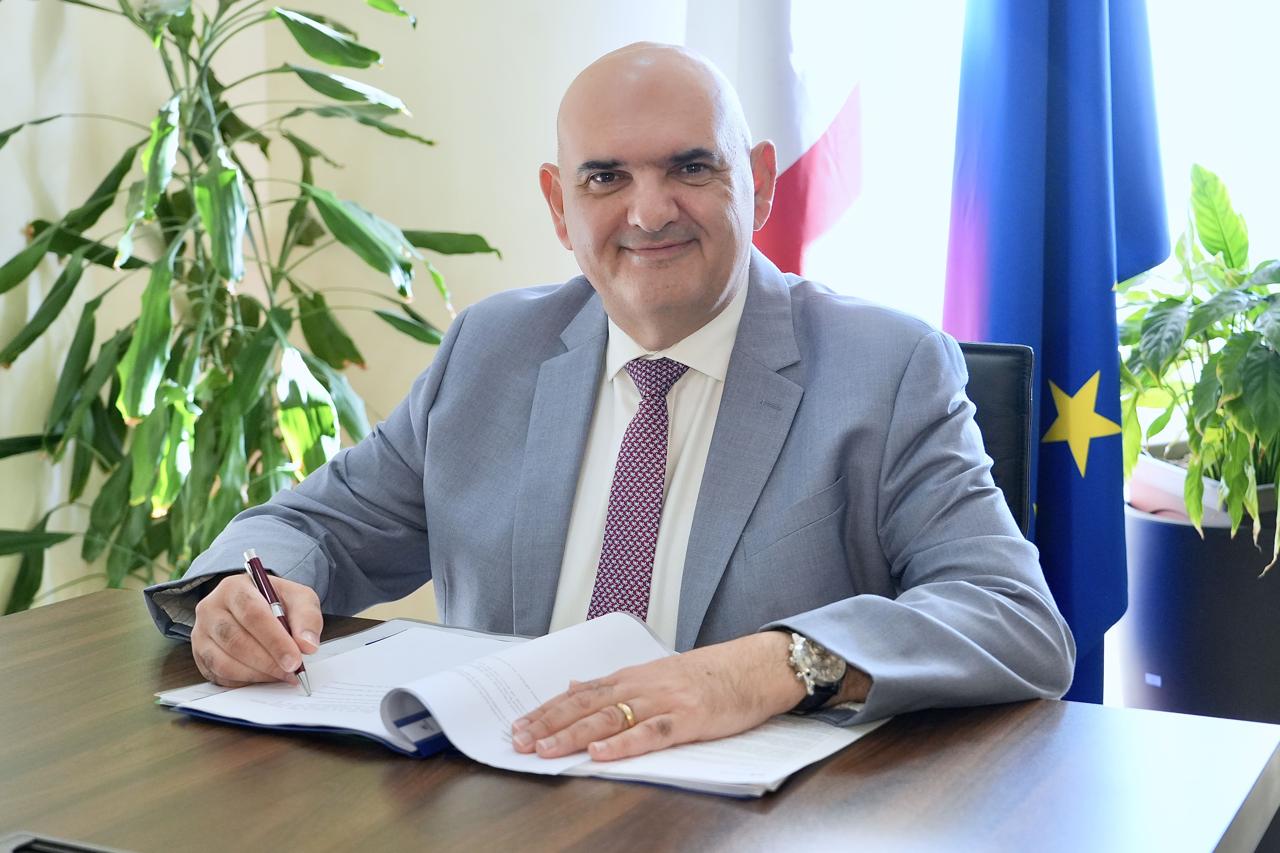
Title: “Transforming Long-Term Care in Malta – Renzo de Gabriele”
Organisation: Active Ageing and Community Care (AACC), Malta
More information here: https://aacc.gov.mt/en/
Active Ageing and Community Care (AACC), led by Dr. Renzo De Gabriele, has reshaped Malta’s long-term care system to better support older people. It responds to the challenges of an ageing population by expanding both community-based and residential services, covering dementia, palliative, and intermediate care. Major reforms include the launch of the National Dementia Strategy 2024–2031, the creation of a Dementia Directorate, and the renovation of three government care homes.
AACC has also embraced innovation through initiatives like Telecare on the Move and subsidised motorised beds, ensuring care is more accessible and inclusive. Workforce development is a priority, with dementia training, psycho-educational programmes, and expanded multidisciplinary clinics. Today, more than 4,000 older persons benefit from dignified, person-centred care across Malta. By embedding accessibility, equity, and innovation at the core of its work, AACC has truly become a national leader in social services.